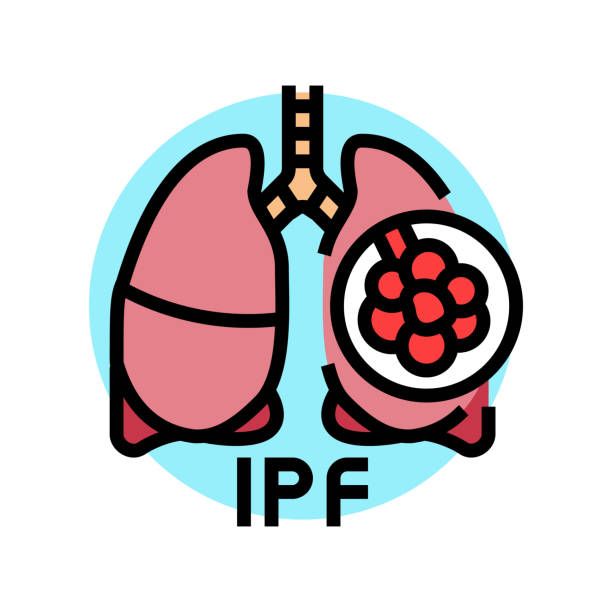What Causes It?
Long-term exposure to environmental toxins such as asbestos, silica dust, or coal dust
Chronic exposure to certain chemicals and pollutants
Radiation therapy to the chest
Autoimmune diseases like rheumatoid arthritis or scleroderma
Chronic viral infections
Certain medications (chemotherapy drugs, heart medications, antibiotics)
Idiopathic Pulmonary Fibrosis (unknown cause)
Genetic predisposition and family history of lung diseases
Signs & Symptoms
Persistent dry cough
Shortness of breath, especially during physical activity
Fatigue and weakness
Unexplained weight loss
Discomfort or pain in the chest
Clubbing of fingers (widening and rounding of fingertips)
Rapid, shallow breathing
Gradual decline in exercise tolerance
